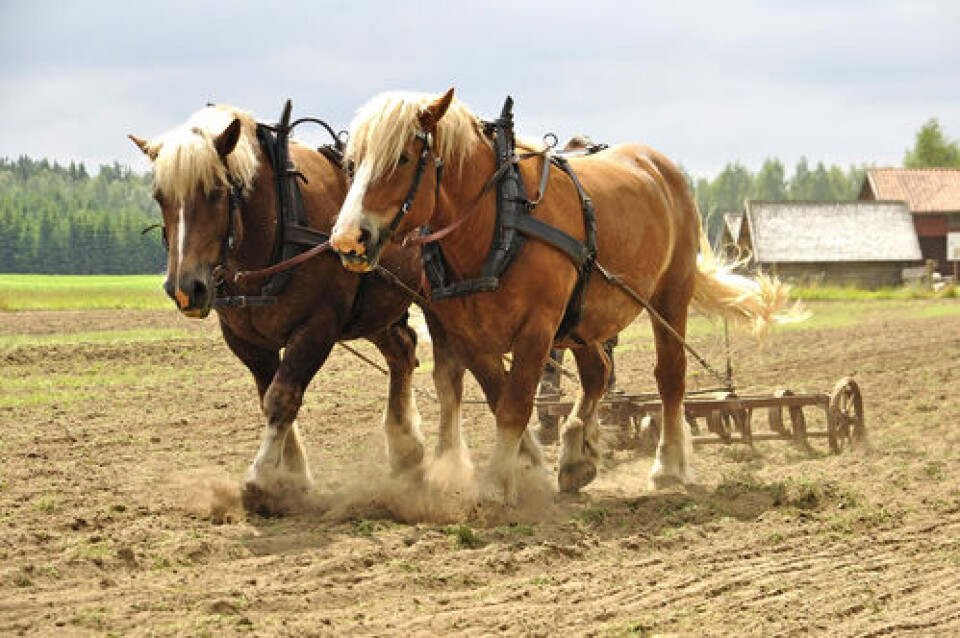-
Larousse dictionary adds 150 new French words - which ones do you know?
The new words come from trends in sport, nature, leisure, food, medicine, and the rest of the French-speaking world
-
Why your accent should not hold you back when speaking French
Columnist Nick Inman notes that some French people are harsh judges of foreign speakers
-
Learning French: what does sacquer mean and when should it be used?
You may be able to guess one of the meanings behind this informal term that sounds just like an English equivalent
Changer un cheval borgne pour un aveugle: French phrase of the week
We look at an expression used to talk about problem-solving and bargaining gone wrong

This week, France’s Parliament is debating 3,500 proposed amendments to the government’s budget bill, and unions representing striking refinery workers have been negotiating pay rise demands with company bosses.
The expression ‘changer/troquer un cheval borgne pour un cheval aveugle’ (literally: to change a one-eyed horse for a blind horse), is used to describe a situation in which someone decides against an already imperfect solution and in so doing opts for one which is even worse.
For example, if the government triggers article 49.3 of the Constitution as expected, pushing its budget through unilaterally, but then a vote of no confidence is called by MPs, it could be said that they it would end up with a ‘cheval aveugle’, as opposed to the ‘cheval borgne’ of a budget bill containing thousands of amendments but which is still eventually voted in.
Read more: Explainer: what is France’s article 49.3 and why is it in the news?
Similarly, if the unions reject pay rise offers from company bosses, and then these proposals are taken off the table, they will have opted for a ‘cheval aveugle’ by refusing to accept.
The expression does not have a direct translation in English but it could perhaps be rendered as ‘to strike a bad bargain’, depending on the context.
It also bears some similarity to the phrase ‘from the frying pan into the fire’, but the meaning is not exactly the same.
This expression comes from a time in which horses were widely used to help with tasks such as ploughing fields.
Related articles
Five reasons to learn French – and why they may help you pick it up
La go, brouteur: Do you know these French words in Petit Robert 2023?
Préavis, piquet: Test out your French strike vocabulary
























